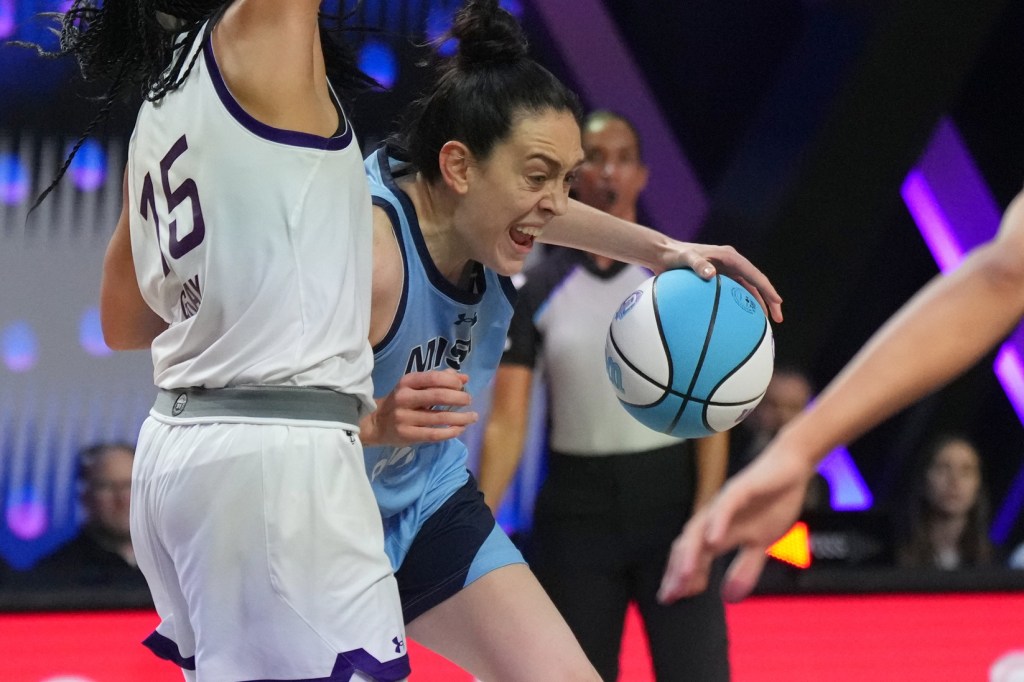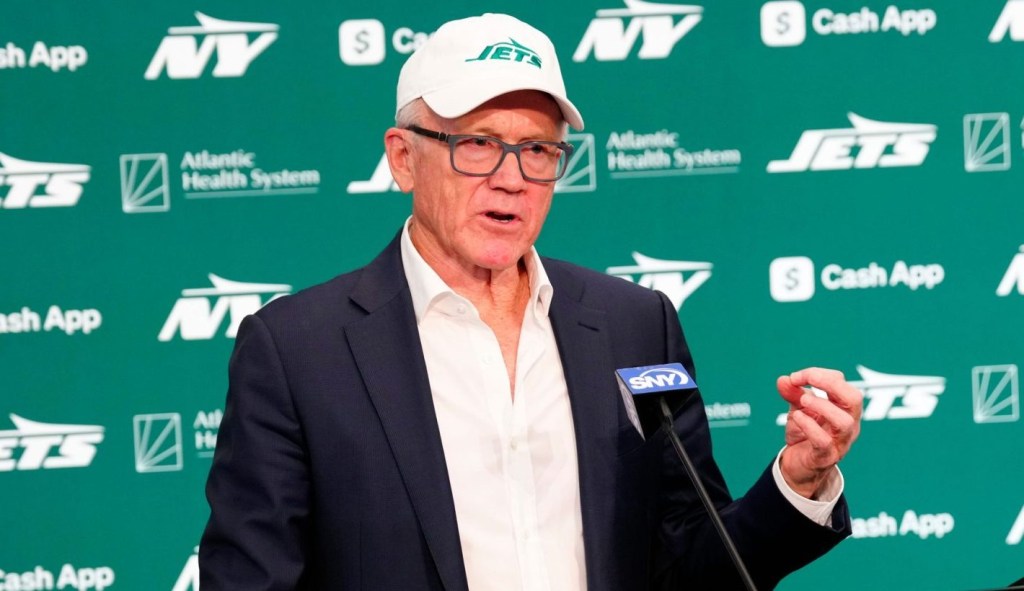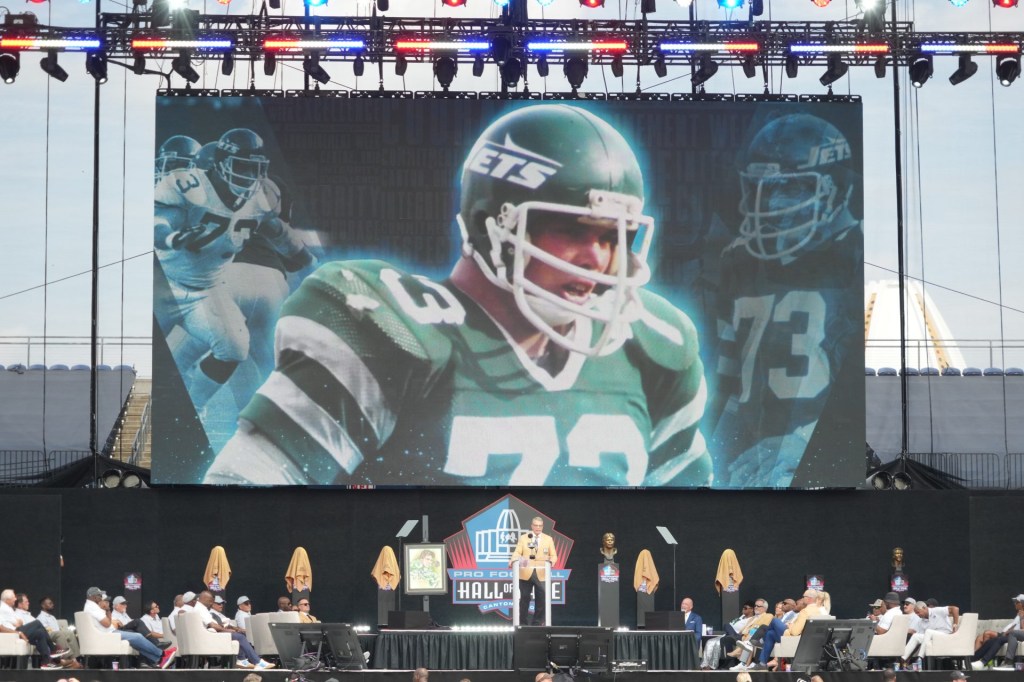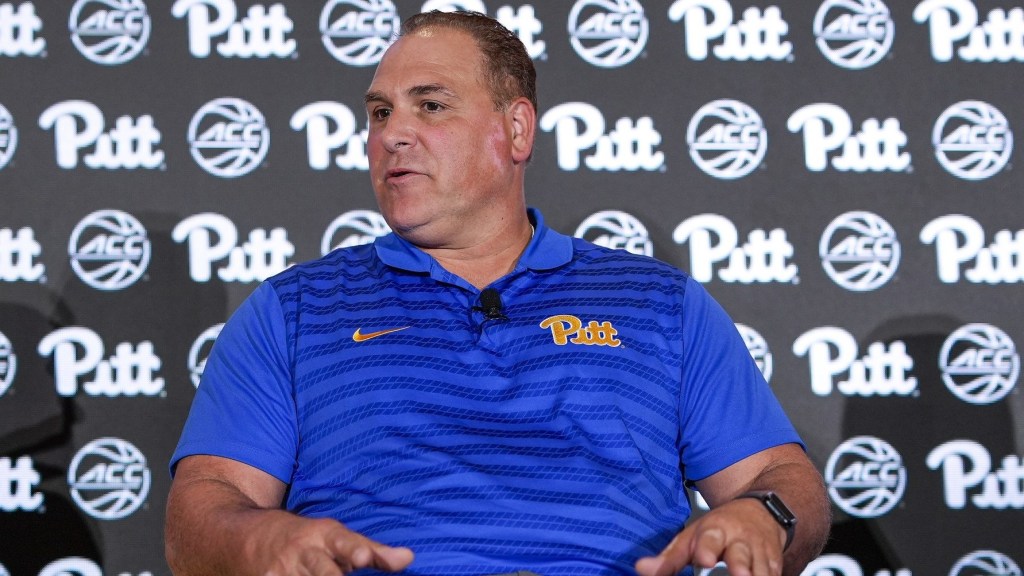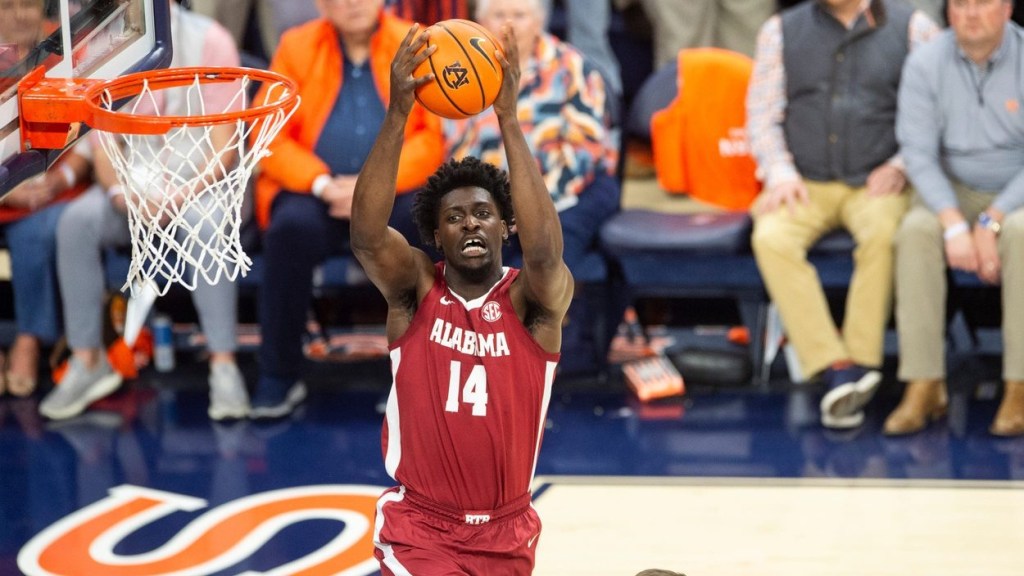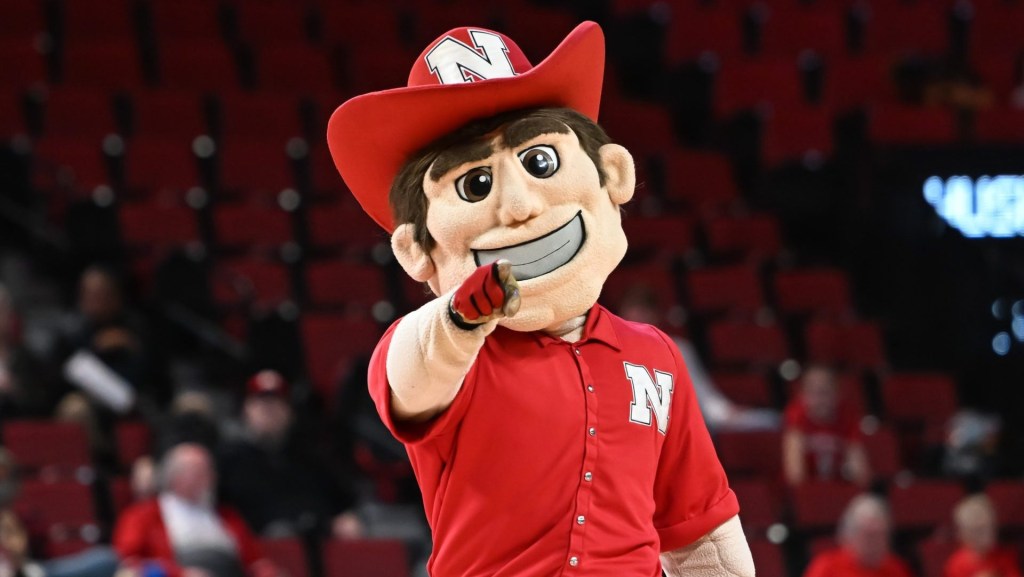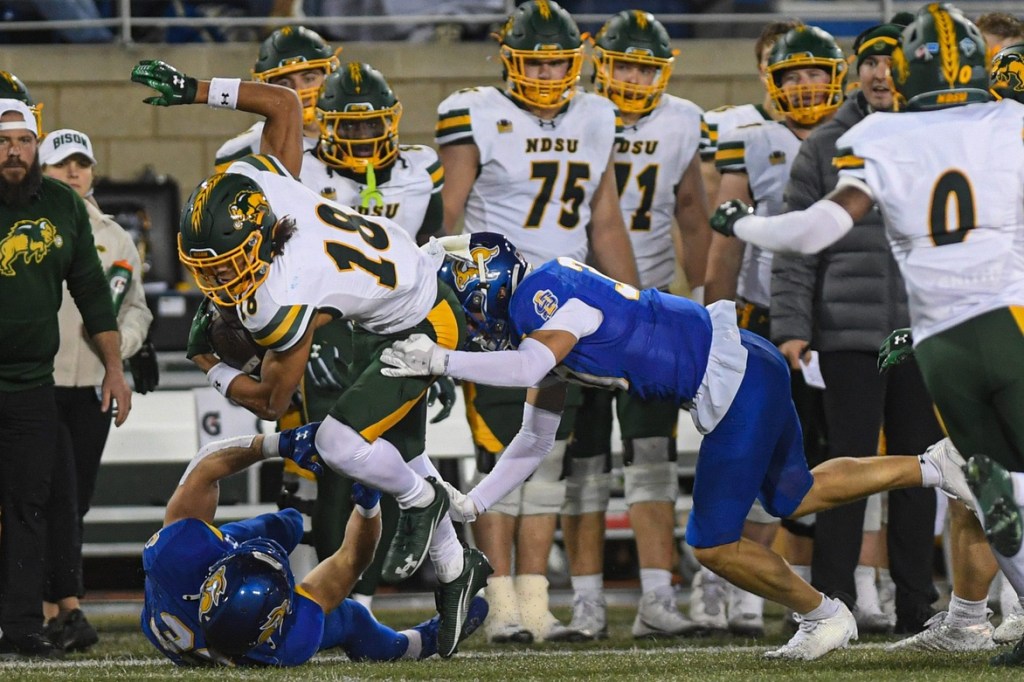University of Tulsa football players and their families are claiming their coaches made verbal promises of NIL (name, image, and likeness) payments, but they haven’t received anything.
“They were using this money as leverage, and then it just kept getting pushed back, pushed back, pushed back, and now the season’s over and no one ever got anything,” quarterback Cooper Legas, who is speaking out alongside linebacker Myles Jackson, told the local news station KTUL. Legas said he came to Tulsa “expecting” to get “a decent amount of extra money,” but he has had to live off his wife’s salary as a receptionist.
The players and their families say the problem has been compounded by the Nov. 24 firing of head coach Kevin Wilson, who they say is one of the staff members who promised tens of thousands of dollars in NIL money. “He chose this school over others. And part of the reason was the promise of the NIL money,” Jennifer Legas, Cooper’s mother, told another local news station, KOTV.
Curiously, Wilson had been extremely up front—in the media at least—about Tulsa’s lack of NIL resources. “Typical first question says, ‘What’ll you get?’ I go, ‘You’ll get nothing and like it,’” Wilson said, quoting Caddyshack, in a February press conference.
The school does have a nonprofit NIL collective, but it’s new. The official athletic department account posted that Hurricane Impact is the school’s official NIL partner on Oct. 1, in the middle of football season. That’s the same day the account made its very first post, and it has not sent out another to its dozens of followers since Oct. 5.
“Hurricane Impact has had no contact with any TU football student-athlete, coach Wilson, or any members of his staff regarding partnering with our organization. We will have no further comment,” the collective said in a statement to KTUL. Hurricane Impact did not respond to questions.
Though the collective is nascent, not communicating with football players or coaches would be out of line with industry standards. Nationwide, football is by far the biggest recipient of NIL dollars, particularly from collectives. The team went 3–9 this season, and although it still needs a new head coach, December is a peak time for luring in new players, and a functioning collective plays a big role in today’s transfer market.
Tulsa and Wilson have been open about offering academic merit scholarships that the school calls The Case Fund. “These awards are now available to student-athletes as a result of the U.S. Supreme Court’s decision in NCAA v. Alston, which allows The University of Tulsa to reward student-athletes for academic achievement up to $8,000 annually,” the school’s website says.
In that same February press conference, Wilson read a text he said he sent to a recruit who asked about NIL because he had three dogs and a girlfriend.
“First thing you need to do is drop the dogs, and I’m not sure about the girl,” Wilson said. “We’ll explain our incentive-based plan that we use that’s based on academic success, not allocating any NIL funds. We’re starting that now, and we’ll have a clear direction if and when we get anything. But I have not and will not promise anything until I know for sure what I got.”
The Supreme Court’s decision specifies that Alston awards can’t exceed $5,980 per year; an athletic department spokesperson tells Front Office Sports the rest of the $8,000 is for the cost of attendance. That’s still far below industry standards for what football players can make even at non-power-conference schools.
“The University of Tulsa continues to provide scholarship and academic support to football student-athletes whose eligibility has expired should they elect to earn their degrees. The Department of Athletics is unaware of any promises of NIL payments made by the former head football coach to student-athletes completing their eligibility in violation of current legislation,” the university said in a statement.
Wilson told a third local news station, KJRH, “We had no money – zero. We couldn’t give money we didn’t have.” He gave a more formal statement to KOTV:
“We have worked and funded the Case Fund for academic success through the Alston Fund allocated by the NCAA. Our players received the max amounts of that fund allocated by the NCAA. We are one of two AAC schools that use the Alston fund, but that is not NIL funds. The previous Athletic Director was pushing for NIL donations to help the 2024 team. With the AD change, the new administration wanted to wait until the end of the season before allocating the NIL funding. I was not able to allocate any NIL funding during my two seasons at Tulsa. As I have stated several times – no TU football player has received NIL during my tenure at TU.” (Tulsa athletic director Justin Moore began his tenure in July.)
It’s unclear whether Wilson ever actually guaranteed money to Legas, Jackson, or others, but they’re not the first football players to cry foul over verbal NIL promises going unfulfilled this season. UNLV quarterback Matthew Sluka announced in September, just after the program’s first-ever national ranking, that he would redshirt the rest of the season because “certain representations” made to him were not upheld. The issue points to a larger issue in the NIL era: Promises don’t always get put into a contract, and even signed documents aren’t enforceable.
The 2024 Golden Hurricane finished dead last in the American Athletic Conference after a 63–16 loss to Florida Atlantic on Saturday. The American is a rare conference in that two of its best teams, Navy and No. 24 Army, both don’t have collectives. No. 25 Memphis does, as does Tulane, which is set to face Army in the AAC championship game this weekend.


